When it comes to finding the perfect gift for the gastronomically obsessed friend, partner, or weird aunt in your life, the only real challenge is having too many options. In the past at Gastro Obscura, we’ve reached for the mathematically efficient Christmas cookie cutters or a heat-resistant bowl for a cauldron of favorite flaming punch.
This year, our editors eyed everything from the practical (kitchen knives forged from Chinese artillery shells) to the whimsical (an oddly luxurious leather shrimp fan). We also tracked down sweets and savory treats, from the dreamiest, creamiest historic candies to the Portuguese sausage that saved lives during the Spanish Inquisition. Whatever your taste, there’s something worth gifting here.
A “jumbo” fresh ostrich egg
Why scramble a standard chicken egg when you could grace your table with a golden-yolked beauty from the world’s largest bird? Floeck’s Country Ranch has been raising ostriches, emus, rheas, and other exotic fowl out in New Mexico since the 1980s. At 18 inches long, these impressive orbs are the equivalent to 24 normie hen eggs—and make for a show-stopping party centerpiece when deviled or, according to one of our editors, an “impressively fluffy” omelet.

The most beautiful tin of cockles
With their gorgeously absurdist designs, Conservas Güeyu Mar’s tins of fish are almost worth purchasing simply as objets d’art—if only their contents weren’t so tasty. Chef Abel Álvarez, who runs a high-end seafood temple in Asturias, is meticulous in sourcing the absolute best catch. It’s hard to go wrong here, but the chargrilled spicy cockles are a real winner.
An unpronounceable German egg-clacker
When Mark Twain railed against the “awful German language,” we’re pretty sure he was referring to words like Eierschalensollbruchstellenverursacher. Like other Teutonic crimes against tongues, this is three nouns Lego-ed together in comically literal fashion: Eierschale (eggshell), Sollbruchstelle (predetermined breaking point), and Verursacher (cause). It may be difficult to say, but this tiny marvel of German engineering, which precisely cracks a soft-boiled egg’s shell without destroying it, is remarkably easy (and satisfying) to use.

The best date they’ll ever have
Cradled right in California’s Coachella Valley, Rancho Meladuco grows medjool dates that can only be described as stupefyingly good. Sublimely sugary and as soft as cookie dough, they’re guaranteed to upstage any cheese on a board. We’re partial to this two-pound selection in a reusable keepsake wooden box.
A very fancy shrimp fan
Look, no one needs a fan fashioned to look like a bouquet of crustaceans by a Javanese shadow puppet master, but this season is about inspiring delight unfettered by joyless pragmatism. For the eccentric design freak—or mildly obsessive prawn-aficionado in your life—there’s nothing better than this work of art wrought in sun-dried calf leather and oxen horn.

A loggerhead for all your beer cocktail needs
Back in early 18th-century New England, colonists endured the frigid months of the year with the ultimate winter warmer: a hot ale flip. Consisting of beer, rum, and whatever sweetener was on hand (molasses or maple syrup were popular choices), the concoction owed its toasty flavor profile to caramelized sugars. To make your own, grab a handy loggerhead—a steel rod that gets red-hot in a live fire—and plunge it into your beverage. Not feeling a cocktail? Simply do as the Germans do and thrust your Bierstacheln (beer stick) into a pint of lager to imbue it with roasty, cozy undertones.

Arkansas black apples
Long before the tyranny of Red Delicious and Granny Smith, heirloom apples of all colors and flavors flourished across the United States. With its shiny, sultry purple-ish skin, the Arkansas Black is a beauty that harkens back to the 1870s. Not only is this fruit a real looker, but it also boasts notes of cinnamon and cherry that bake into a killer pie. Plus, they stay crisp for months.
Real sugar plums
Growing up is all about realizing that many of the treats you coveted from children’s fiction—Turkish delight, we’re looking at you—are not as they seem. Luckily, the sugar plums that twirl their way through The Nutcracker live up to the stuff of fantasy. Ordering a vintage wooden box of these morsels of walnuts, dried fruit, almonds, honey, and raw sugar is a surefire way to feel less bummed out about reality.
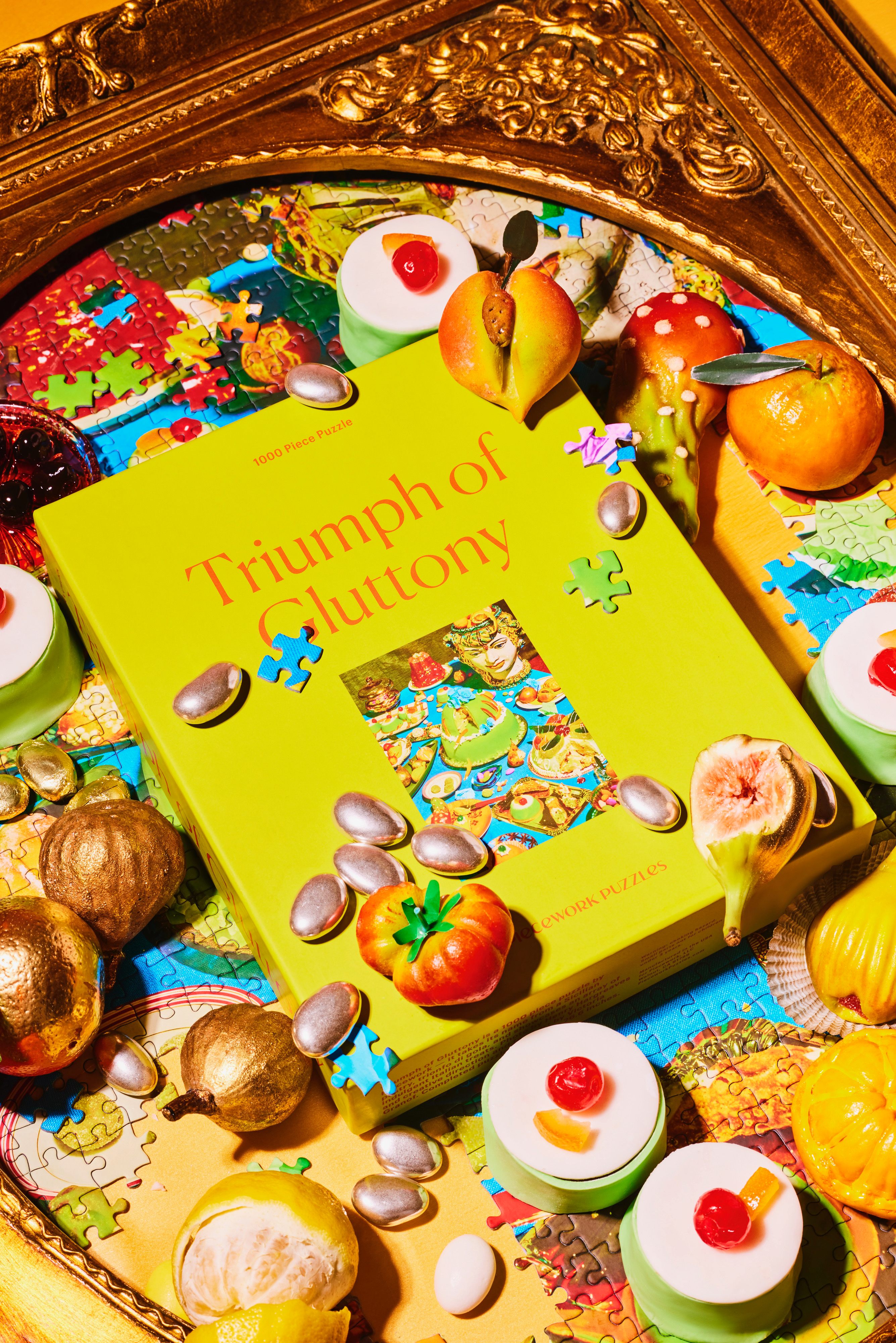
A ‘Triumph of Gluttony’ puzzle
For the puzzle-loving hedonist in your life, may we suggest this 1,000-piece masterpiece from Archestratus, our favorite Brooklyn cookbook store? The supersaturated Dionyesian spread features the particularly baroque Sicilian confection trionfo di gola or “triumph of gluttony.” Once a specialty of convents, this sinful sweet was presumably named for its capacity to tempt.
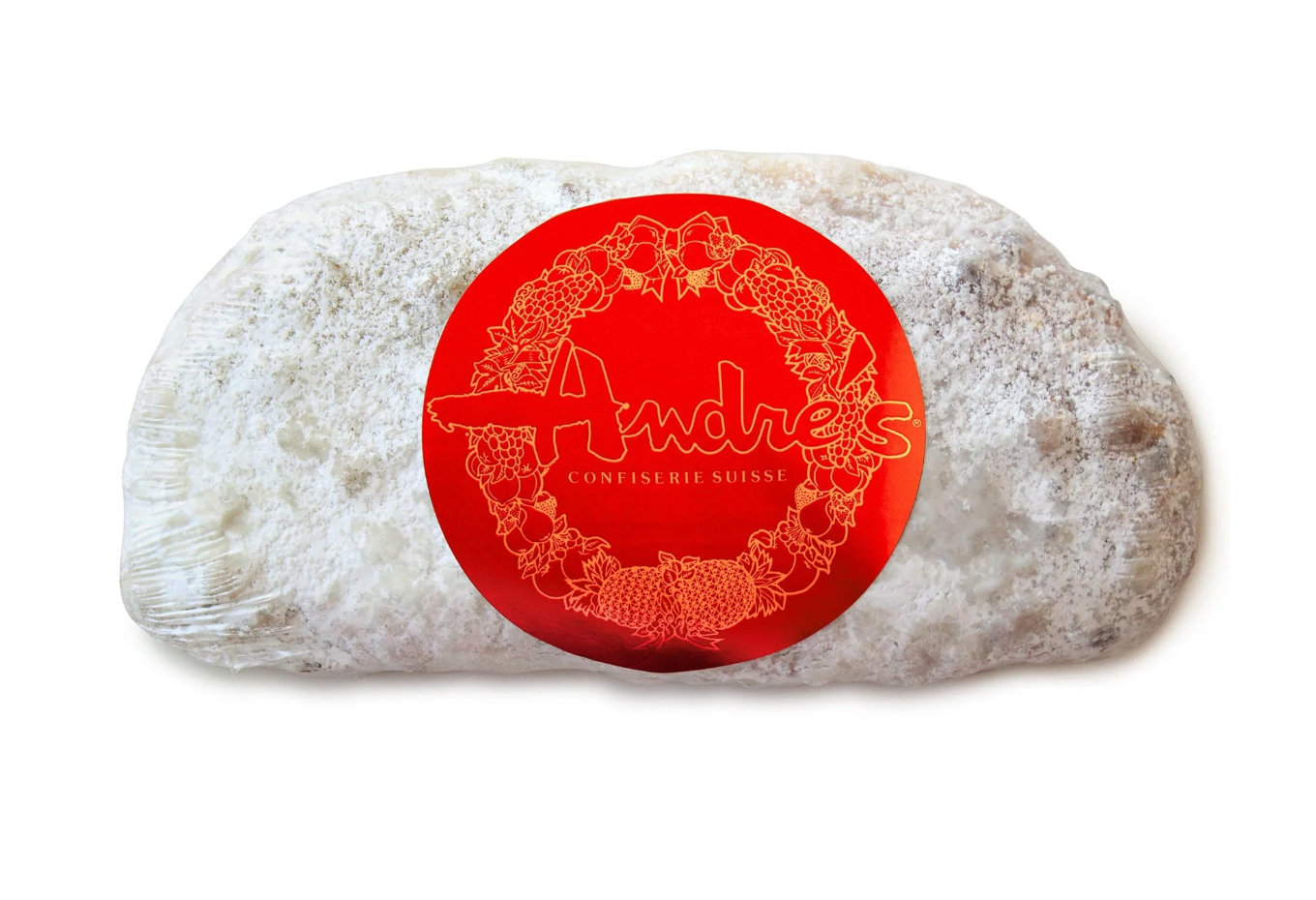
An Oma-worthy stollen
At first glance, stollen bears resemblance to fruitcake—everyone’s favorite holiday punching bag. And while some fruitcakes are cloying, a stollen is a pleasure to savor. The city of Dresden has been baking these celebratory loaves since 1400, but we particularly love André’s Confiserie Suisse, a family-run bakery in Kansas City, which makes an extremely legit rendition of Dresdner stollen using a traditional recipe since 1955.
Beans from the last wild Ethiopian coffee forest
The UNESCO Yayu Coffee Forest Biosphere Reserve is one of the last places on Earth where Arabica coffee trees still grow wild. As a result of climate change, this rare delicacy is at risk of becoming even more scarce. By buying these beans, you’ll not only treat yourself to a floral, delicately flavored cuppa, but you’ll be supporting the farmers who harvest it.

Historic candies galore
Kentucky’s melt-in-your mouth treats may no longer qualify as penny candy, but at $5.25, these concoctions made of cooked heavy cream, sugar, and vanilla are still a steal. Confectioners at True Treats Harpers Ferry, West Virginia pull and cut their Kentucky creams by hand, just as they did in the 1800s. For a more extensive selection of retro delights, the company’s Yesterday’s Medicine Sampler features 12 different hard candies made in real medicine molds from a 1920s apothecary. And if your giftee has been naughty rather than nice, you could always stuff their stocking with hard tack in lieu of coal.

Knives forged from century-old Chinese artillery shells
When Wu Tseng-dong was growing up on Kinmen Island, a Taiwanese territory four miles off of mainland China, bombs falling from the sky were a regular occurrence. Now, Wu transforms relics of his home’s war-torn history into beautiful, functional knives. This Chinese chef’s knife, a versatile workhorse in any kitchen, particularly caught our eye.
A perfect Portuguese poultry sausage
When the Spanish Inquisition was persecuting anyone who did not practice Christianity, Portugal’s Jewish population derived an ingenious—and delicious—means of survival. Since interrogators kept an eye out for houses free of pork sausages, residents of Mirandela created alheira, a poultry-and-bread-based sausage that could pass for the non-kosher variety. Thankfully, the Inquisition’s reign of terror ended, but this sneaky sausage that saved lives is still enjoyed today.

The spice box of our dreams
Our friends over at Burlap & Barrel gave us an inside peek at their spice wunderkammer in Queens, New York. We picked out a trio of our favorite deeper-cuts—spices that you might not have in your pantry right now, but which we think you’ll use all the time (we certainly do). In the Gastro Obscura Collection, you’ll find umami-bomb black garlic, toasty wild mesquite, and a very rare wild vanilla foraged from the Peruvian Amazon. Because this is Burlap & Barrel, everything is ethically and transparently sourced. (Note: Atlas Obscura does receive a percentage of the profits for every sale on these)

The teas of the Boston Tea Party
Tea-lovers and history-buffs alike can enjoy this set of five teas that most likely wound up bobbing off of Griffin’s Wharf in 1773. Included in the collection are a smoky Lapsang Souchong, 35 chests of which were destroyed, and Colonial Bohea, the largest tea import brought by the British and Dutch East India Companies from China during the period.

A historic recipe mail subscription
From Emily Dickenson to George Washington, plenty of noteworthy historical figures had cherished recipes of their own. You can find a few in our archives for free, Dickenson’s black cake, for instance, but for an extra-special gift, we recommend this subscription. Each month, you’ll get a meticulously replicated, handwritten historical recipe—say, Rosa Parks’ “Featherlight Pancakes” made with peanut butter.
A Christmas pickle
Like a number of now beloved holiday traditions, the Weihnachtsgurke, or “Christmas pickle,” started as a marketing ploy—and a bit of a white lie. In an effort to sell Christmas ornaments, Woolworth’s perpetuated the idea that hanging a pickle on your tree was a German Christmas tradition. The idea took hold across the American Midwest, much to the bafflement of actual Germans.
Gastro Obscura covers the world’s most wondrous food and drink.
Sign up for our regular newsletter.





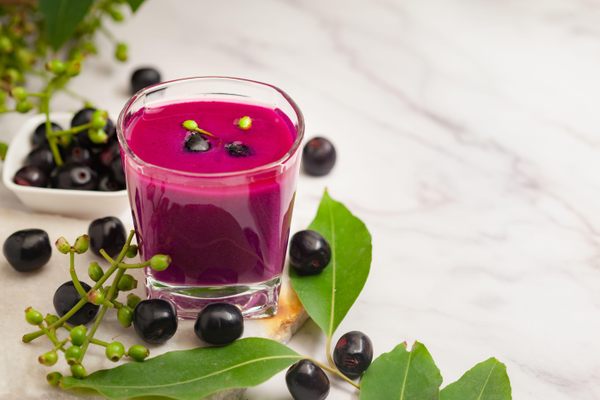
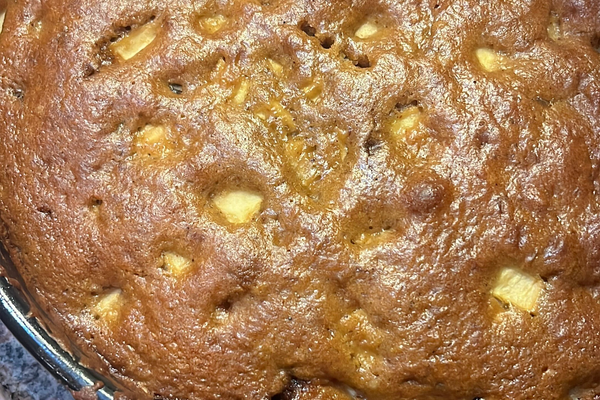
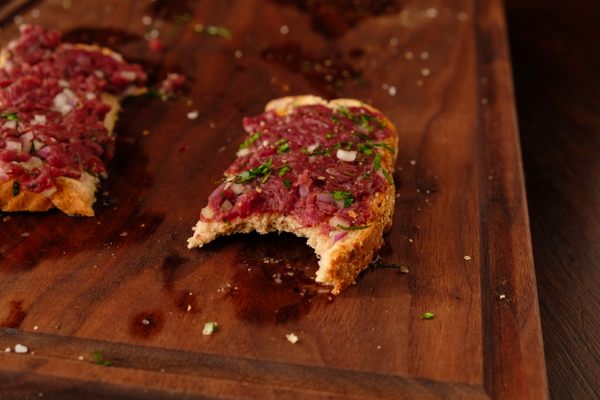













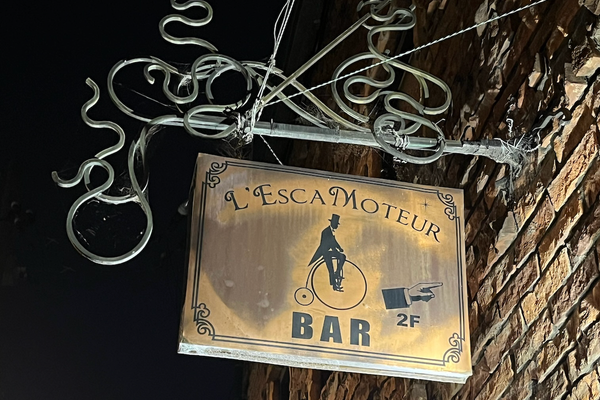


Follow us on Twitter to get the latest on the world's hidden wonders.
Like us on Facebook to get the latest on the world's hidden wonders.
Follow us on Twitter Like us on Facebook